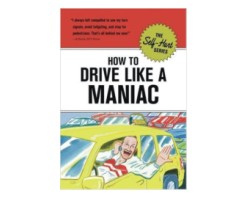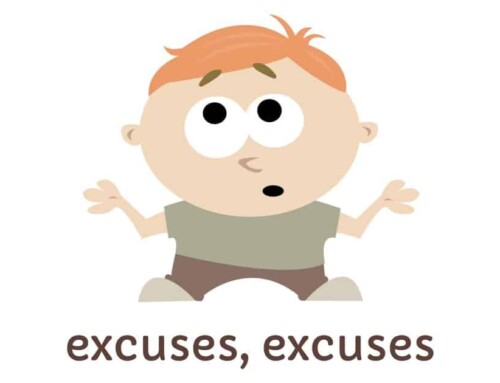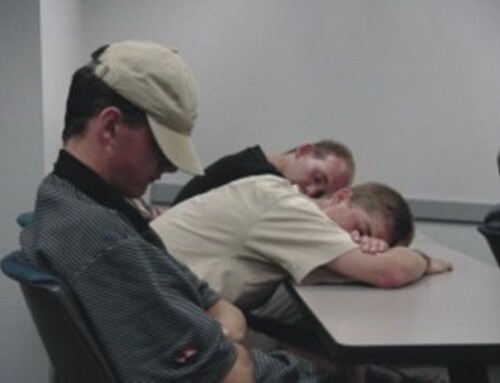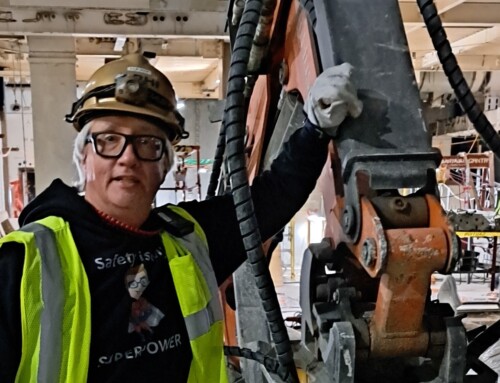The following is from the “Self-Hurt” series book entitled How to Drive Like a Maniac by Knock Knock. It’s hilarious. Of course it’s all tongue-in-cheek and the advice, well, is mostly the opposite of what you should do. Here’s an excerpt from a section describing excuses to drive like a maniac (with studies to back them up):
************
Driving like a maniac could also save your life. Authorities like the Department of Motor Vehicles, the federal government, and your driver’s-ed teacher say that slower driving is safer for you, but the truth is that driving faster and more aggressively will save your neck.
The number-one federal government authority on automobile safety, the National Highway Traffic Safety Administration, claims that speeding is “one of the most prevalent factors contributing to traffic crashes.” But their own figures suggest that only 30 percent of cars involved in fatal crashes in 2005 were speeding. Speeding is therefore the safer way to drive 70 percent of the time. The reason? It’s easier to get away from the idiots causing all the accidents if you’re going faster.
The maniac knows there are so many more benefits to going faster versus idling behind some chump. Here are two important health-related reasons to drive as fast as you can:
- Drivers who spend a significant amount of time behind the wheel face a greater risk of developing skin cancer, according to a recent study by the St. Louis University School of Medicine. The next time you pass someone on the shoulder and they flip you off, shout back that you’re simply trying to avoid getting melanoma.
- Each hour spent in a car causes a 6 percent increase in the likelihood of obesity, as recently calculated in a paper published in the American Journal of Preventative Medicine. When a police officer pulls you over for doing 62 in a school zone, tell him you don’t want to be another statistic in America’s obesity epidemic.
As you can see, driving like a maniac is good for you. And while you probably don’t care that it might be good for society, you at least have greater justification for your actions when confronted by others who care about that sort of thing, like police officers, traffic court judges, or your mother.





